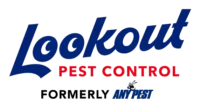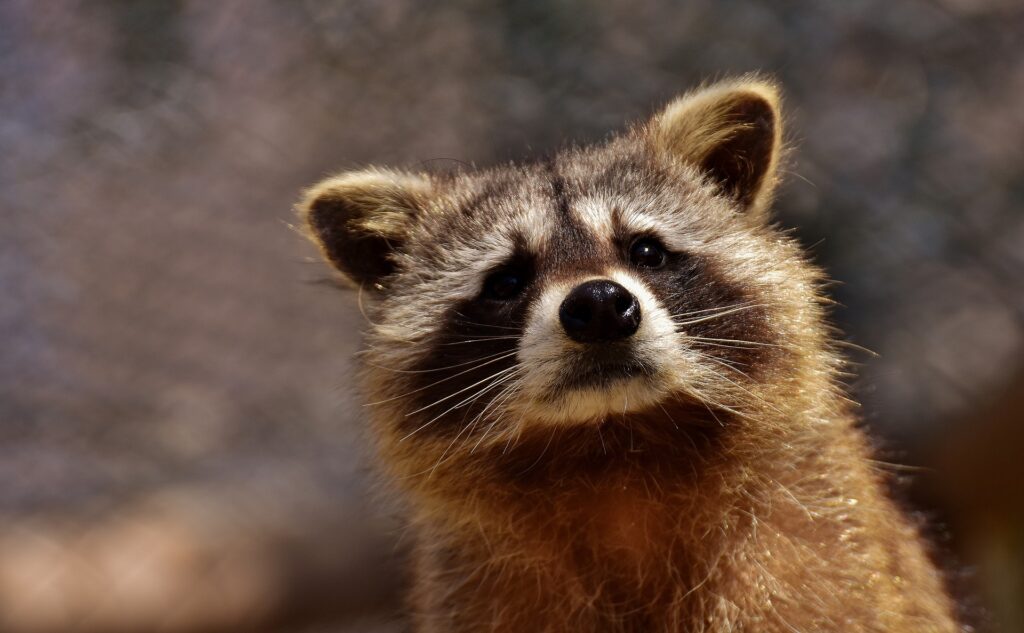Raccoons are one of the most hazardous and destructive animals when they enter and live within your home. Raccoon feces are full of diseases and can pose serious health risks to you and your family. Raccoons most commonly enter into a home through the attic were they tend to cause most of their damage and leave their feces. Anytime you come in contact with a raccoon in your home, leave it to the experts and call Lookout Pest Control, formerly Any Pest Inc., immediately. In the meantime, Lookout Pest Control discusses raccoons, health risks and ways to prevent these wildlife creatures from entering your home.
Raccoon Lifespan
Raccoons typically survive between 2-3 years. However, they have been known to live up to roughly 20 years in captivity. Therefore, it is crucial to handle a raccoon problem sooner than later.
Why Are Raccoons Attracted To Your Home?
Affordable Plans For
Pest Control
Get your complimentary quote by phone and be one-step closer to pest-free living. We will create a service plan that best fits your needs and a state-certified pest control professional will perform thorough service.
Animals are attracted to your home because of safety, comfort, and food. Raccoons will leave their nesting spots in nature and make their way towards commercial and residential structures. They will adapt their diets to survive on what is readily available to them. Many neighborhoods, especially in growing cities, get built on raccoons’ nesting spots. This, along with people leaving unsecured trash and other potential food outside, can cause serious problems with raccoons.
Raccoons Make Your Home Their Own
Sometimes, particularly in the warmer months, raccoons will use your home to nurse newborn babies. They will take advantage of all the resources around them. This means that they will tear apart and damage your attic and home. They have been known to use insulation and other building materials as nests. It’s important to inspect roof eaves and gaps between studs to find their secretive hiding spots.
Health Risks
Raccoons often carry diseases and can spread them through droppings, urine or parasites. The following are some of the most common diseases carried by raccoons. If you develop serious symptoms, be sure to seek medical treatment as soon as possible:
Raccoon Roundworm – Raccoons can excrete roundworm eggs through their droppings. These eggs are very light and can become airborne. Humans can easily inhale these eggs and become infected. Raccoon roundworm is very dangerous and can be fatal if it is left untreated. It can affect the central nervous system, and can eventually impair important organs, including the brain. Severe consequences of roundworm disease can result in blindness or coma. The symptoms of roundworm include:
- Fatigue
- Loss of muscle control
- Lack of coordination
- Loss of vision
Leptospirosis – A bacterial infection that raccoons spread through their urine and droppings. This infection can be contracted by both humans and animals. The symptoms of Leptospirosis include:
- Nausea and vomiting
- Diarrhea
- Severe head and muscle aches
- High fever
- Kidney and liver failure
Salmonella – Droppings can contain salmonella. This can be contracted by humans through transference to the mouth, typically by accidentally touching raccoon dropping then the face. The bacteria can stay dormant for a long time in dry conditions. The symptoms of salmonella include:
- High fever
- Abdominal pain
- Severe diarrhea
- Loss of appetite
Rabies – A viral disease that can be carried by raccoons. Some signs that help identify a possibly rabid raccoon are stumbling around as if they were drunk, froth forming at the mouth, aggressive behavior and attacking inanimate objects or pets.
Raccoon Prevention Tips
- Discourage raccoons around your residence
- Never feed raccoons
- Feed pets inside and store pet food inside
- Keep pets inside at night
- Seal up pet doors or other openings
- Keep garbage and compost bins inside or use locking lids
- Clean grills after each use
- Avoid contact with raccoon feces and urine
Come In Contact With Raccoon Feces?
- Immediately clean your hands thoroughly with antibacterial soap and monitor for symptoms of illness in the future.
- Be very careful to avoid spreading any germs or parasites elsewhere.
- If you do develop symptoms, seek treatment immediately.
- If you think you have been exposed to rabies, seek treatment immediately.
- All raccoon exposures including bites and scratches should be assessed by a health care provider and reported to Public Health.
Looking For Raccoon Control?
Keep in mind, it is difficult to catch raccoons, and it is best to leave this up to the professionals. Here at Lookout Pest Control we are qualified to capture and relocate these animals so that you won’t have to. Our wildlife professionals have provided cost-efficient, quality wildlife control to our customers for over three decades. When it comes to raccoon control in metro Atlanta, we can take care of your situation in an efficient and timely manner. If you need raccoon removal service, call Lookout Pest Control today at (678) 888-0035!
Can Raccoons Be A Health Risk To Humans & Pets in Kennesaw, GA and beyond!?
Proudly serving Cobb County and the Atlanta Metro Area. Any bug, Lookout Pest Control.

